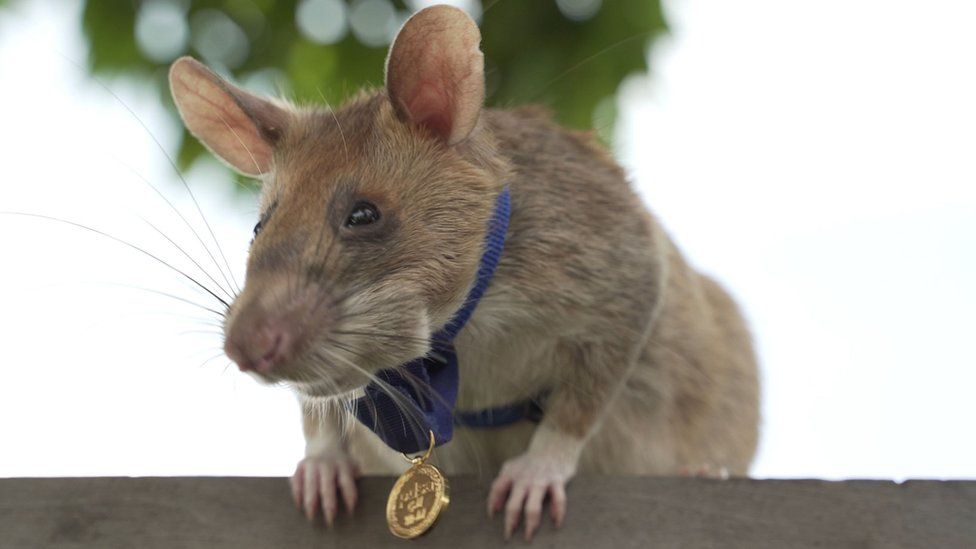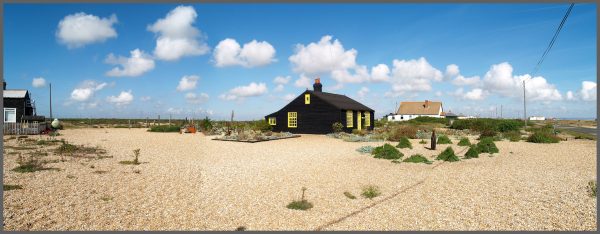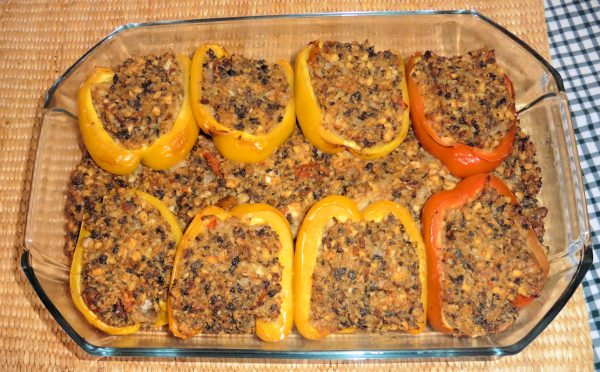Here be my monthly collection of links you may have missed …
Science, Technology, Natural World

Herman Hollerith’s Tabulating Machine was built for the 1890 US census, and led to the first data processing company (which was to become IBM).
So just why did cat-like animals disappear from North America for 6 million years? [£££]
The curious ways of the fishing cats are being revealed by scientists.
Two stories on the discovery of new to science, or rare, species. First a variety of previously undescribed plants. And secondly the hunt for the saloa an almost never seen Asian antelope.
Health, Medicine
A review of the book Recovery: The Lost Art of Convalescence by Dr Gavin Francis. It turns out that proper convalescence is a hugely key stage in getting better.
Worldwide there are a very small number of people who cannot forget anything. One young woman describes what it is like to be medical exception.
Sexuality
It turns out that female dolphins have a clitoris very much like humans, which suggests they too experience sexual pleasure.
Environment
Electric cars and the like may be the way forward, but there are huge problems with their lithium batteries, especially at the end of their lives. [LONG READ]
Art, Literature, Language
There is undoubtedly a joy in rediscovering and reclaiming long-lost words, as Susie Dent extols.
So why are ministers (and educationalists) so obsessed with teaching children to read using phonics?
History, Archaeology, Anthropology
Archaeologists have suggested that some ancient metal tubes unearthed over 100 years ago might be the oldest surviving drinking straws.

The body of Egyptian pharaoh Amenhotep I is so well preserved that after 3500 years it is still able to revel much about the man, thanks to modern scanning and that it has never been unwrapped.
The remains of a huge Roman fort, built on the orders of Emperor Caligula, has been discovered near Amsterdam.
A huge mosaic floor has been found in a Roman villa in Rutland, and was featured on the BBC’s Digging for Britain.
New research is suggesting that medieval warhorses no bigger than modern-day ponies, and not huge carthorses as we thought.
London
IanVisits discovers the unexpected history of the stone benches outside Kensington’s museums.
Lifestyle, Personal Development, Beliefs
Another of our favourite bloggers, Diamond Geezer, takes a look at the curiosities of sleep.
Meanwhile Caroline’s Miscellany discovers the old tradition of Molly dances.
Shock, Horror, Humour, Wow!

There’s sad news as the landmine-hunting hero rat Magawa has died at the age of 8 after a stellar career.
And finally something to bring joy … here’s a video of an amazing automated LEGO factory that builds miniature log cabins from cucumbers. Enjoy …



